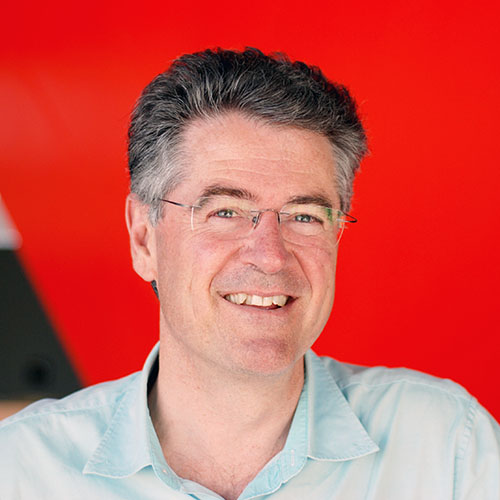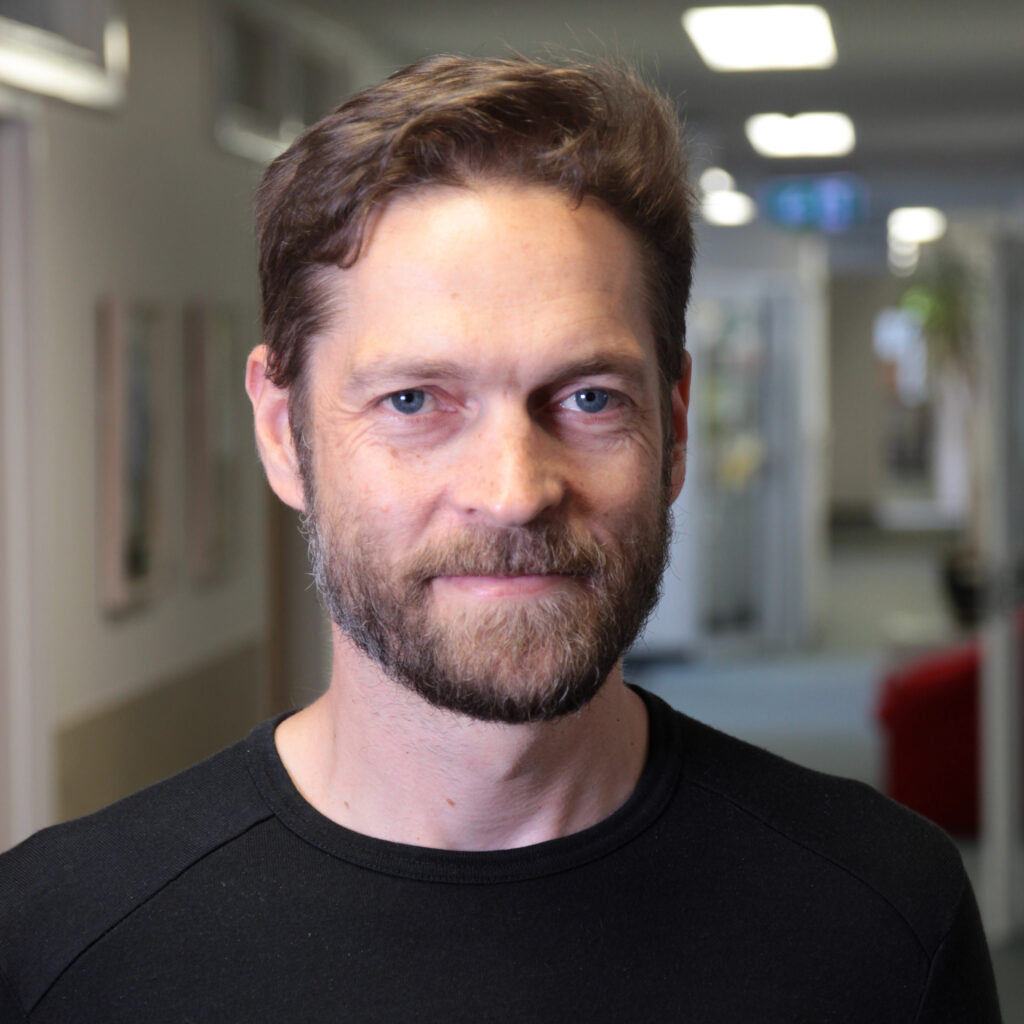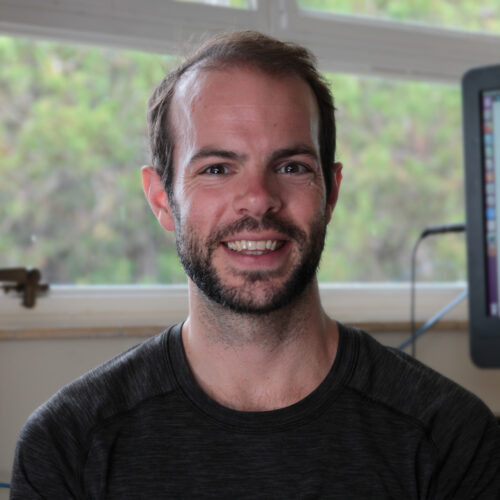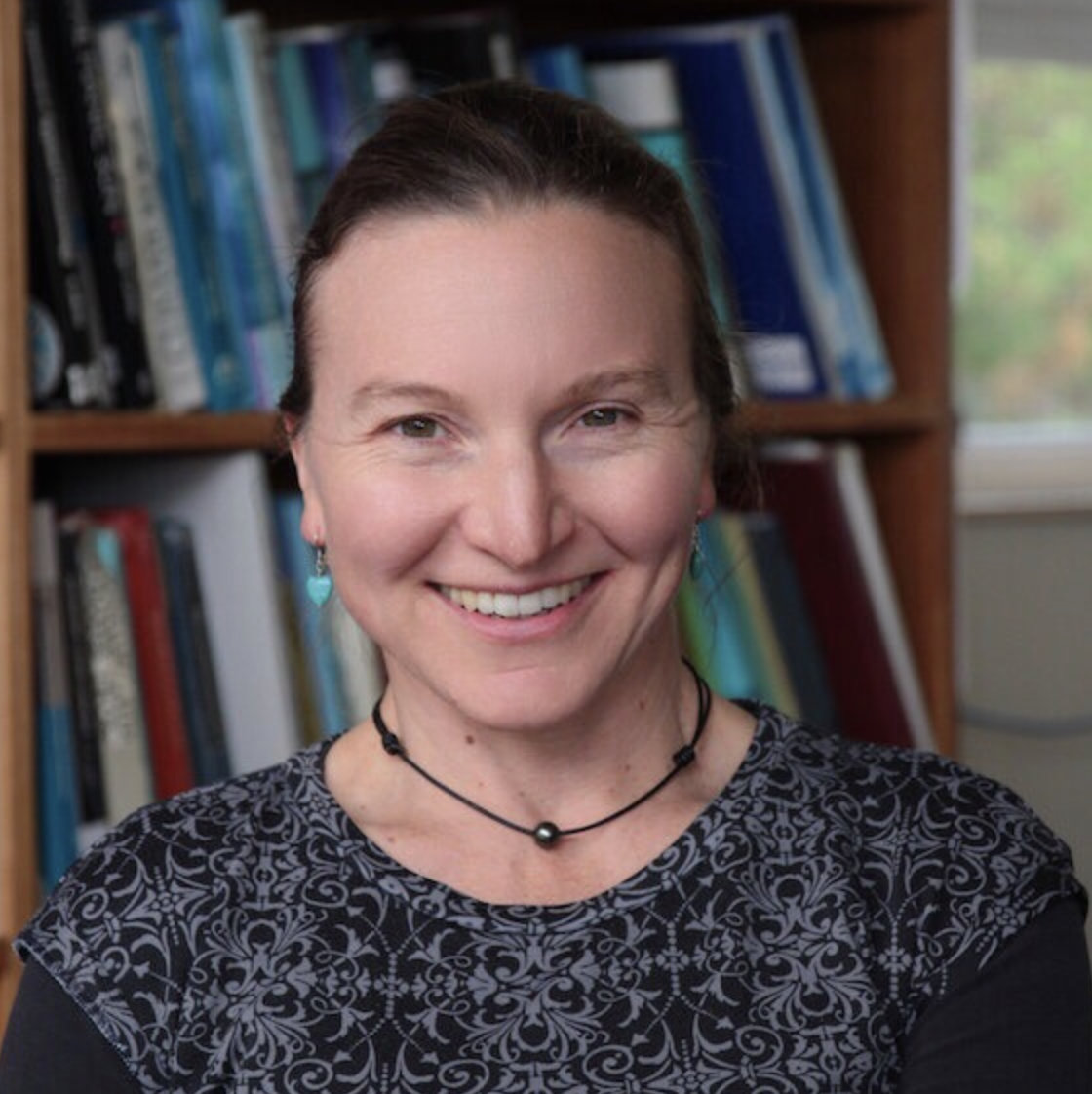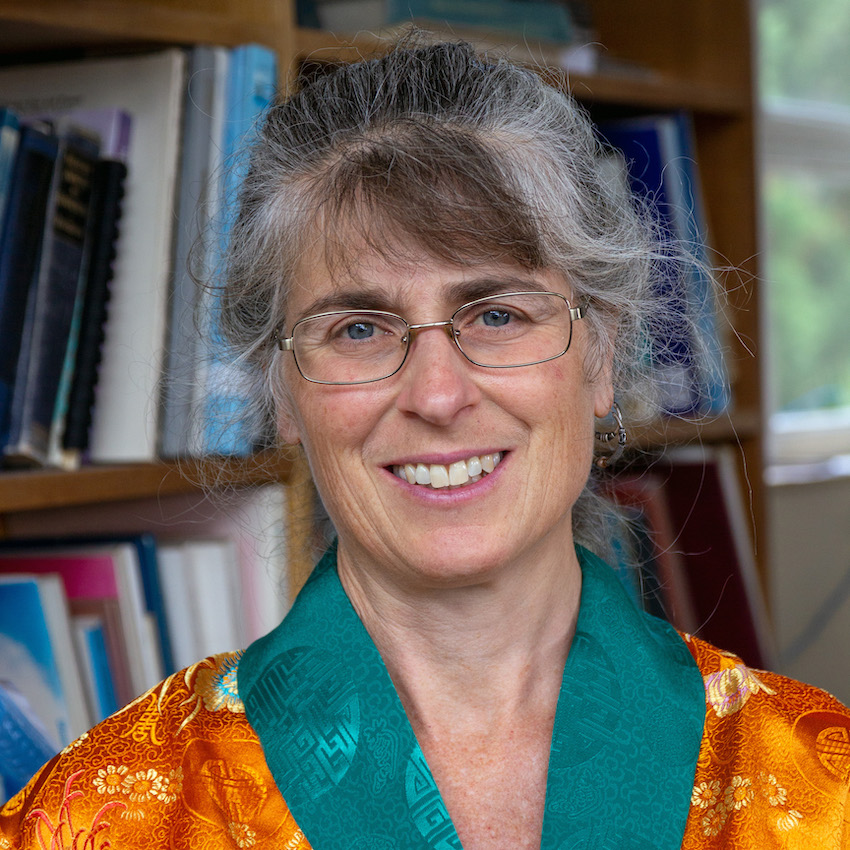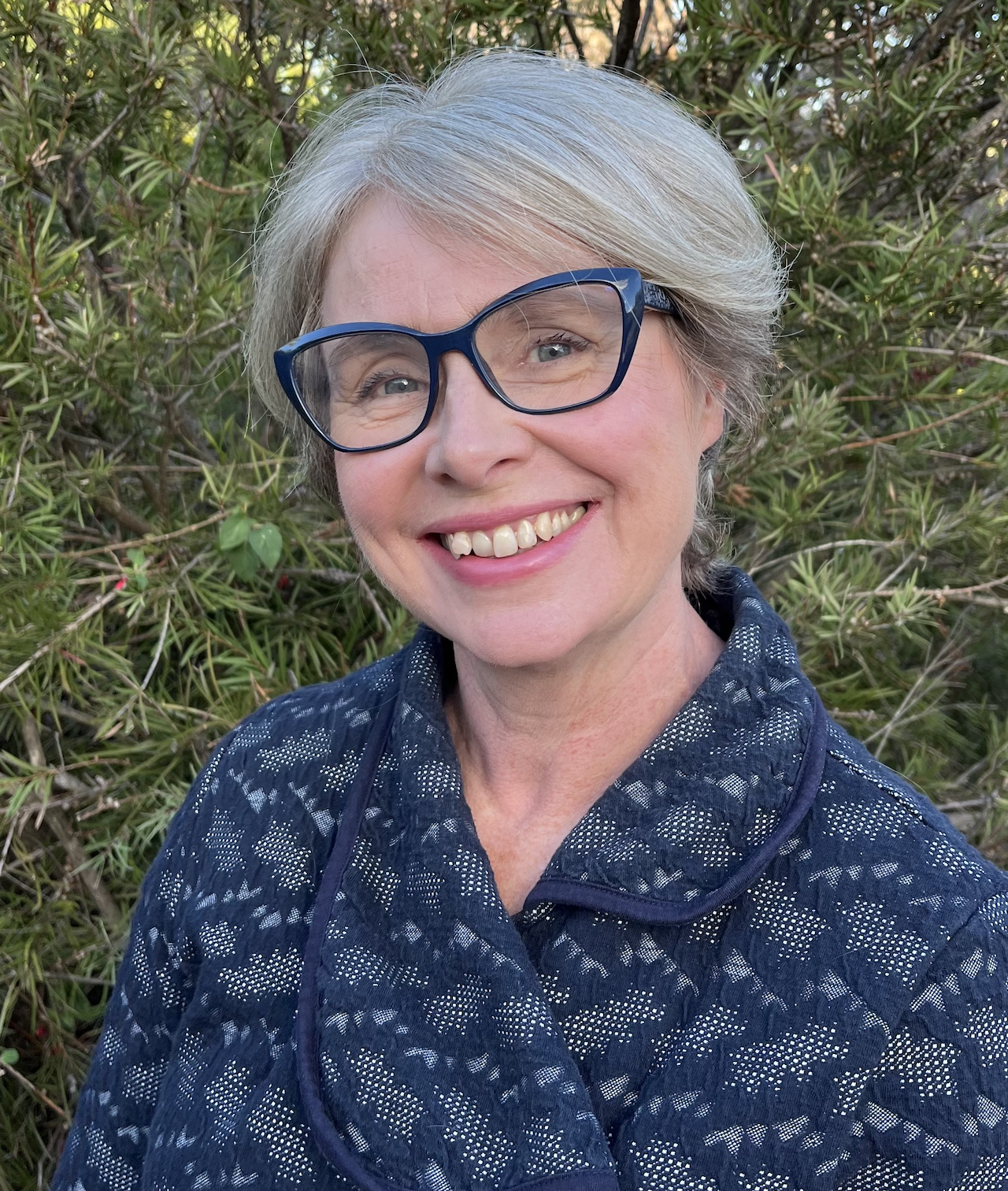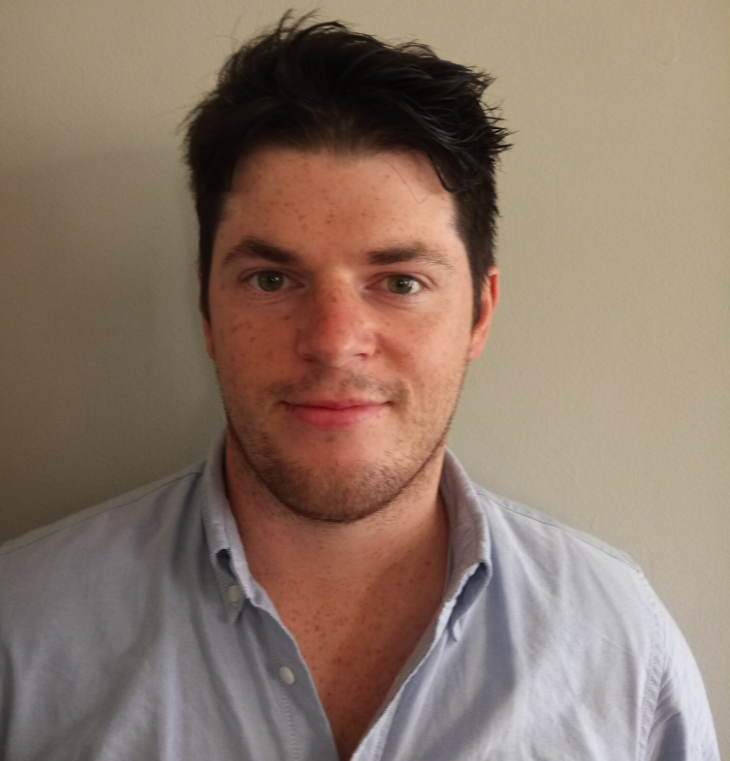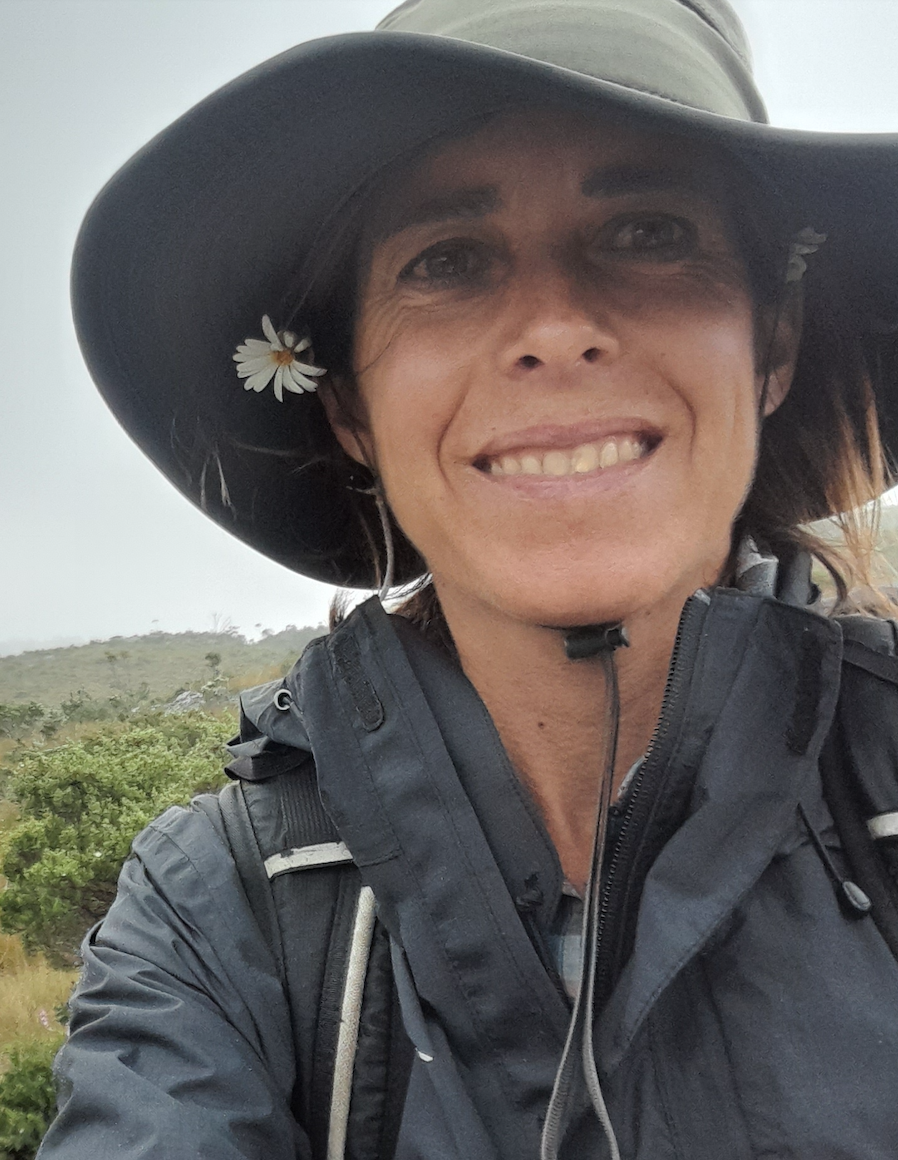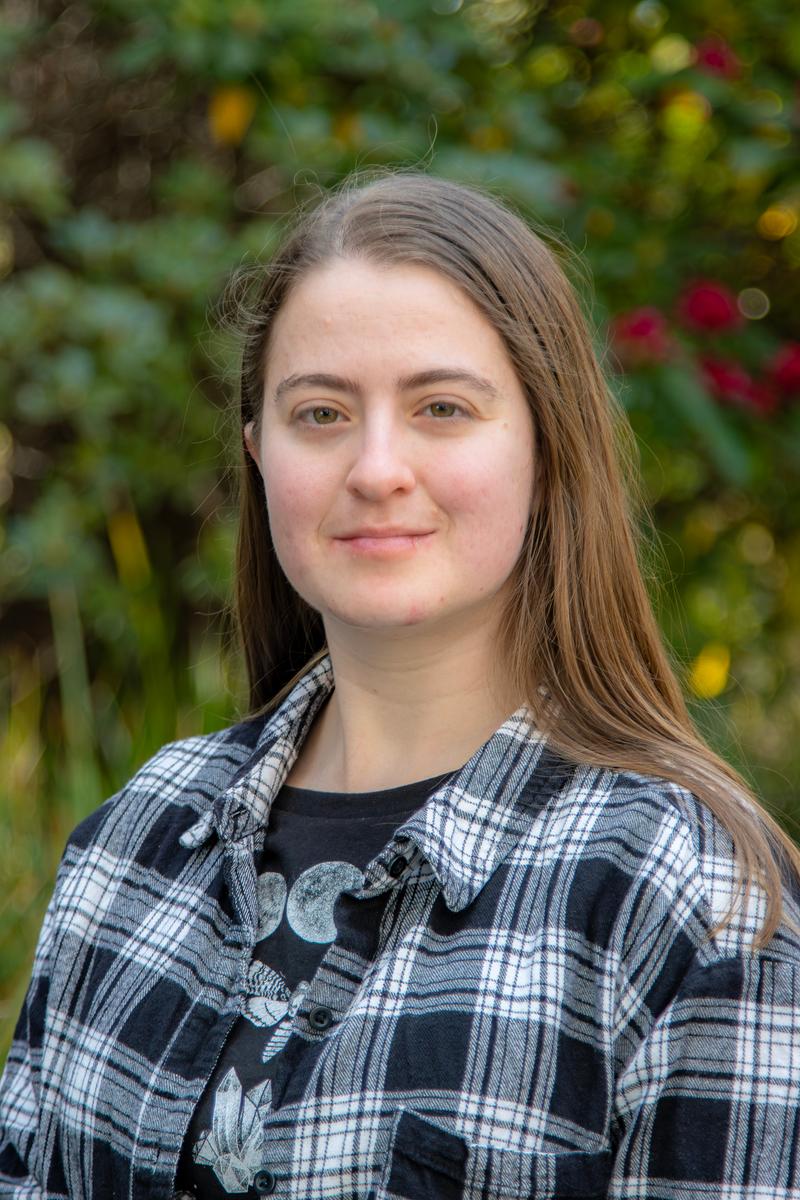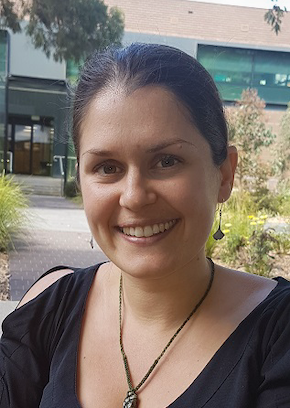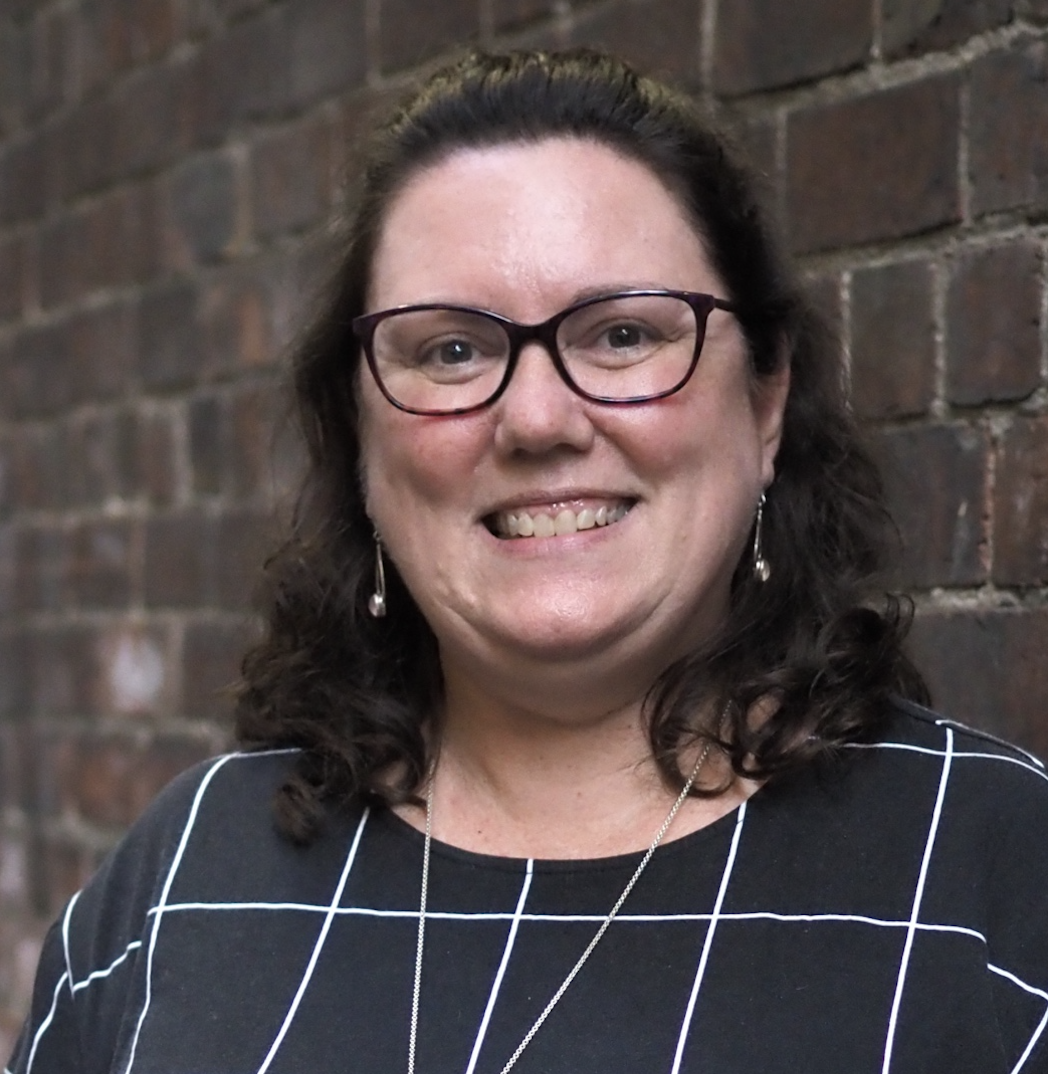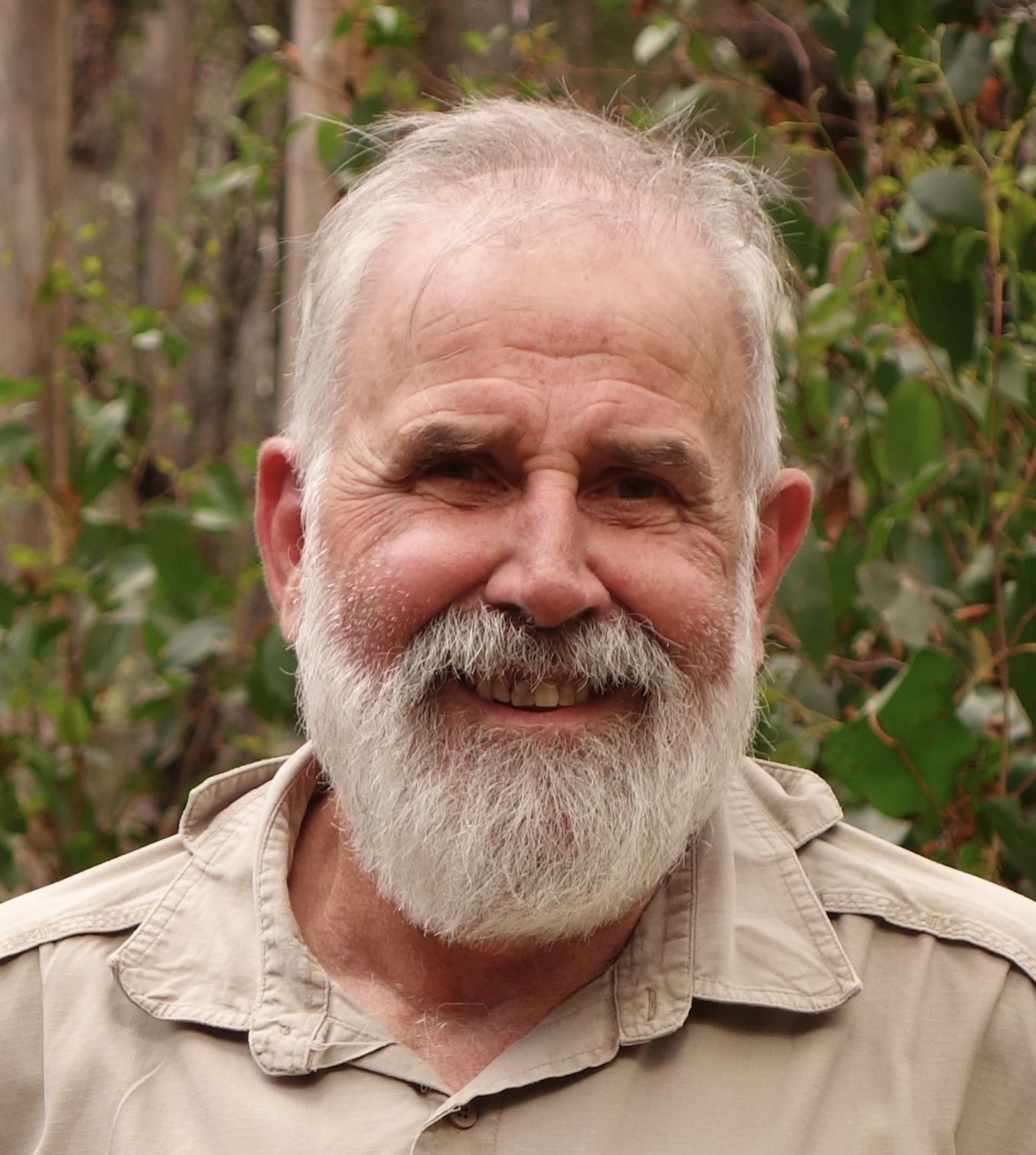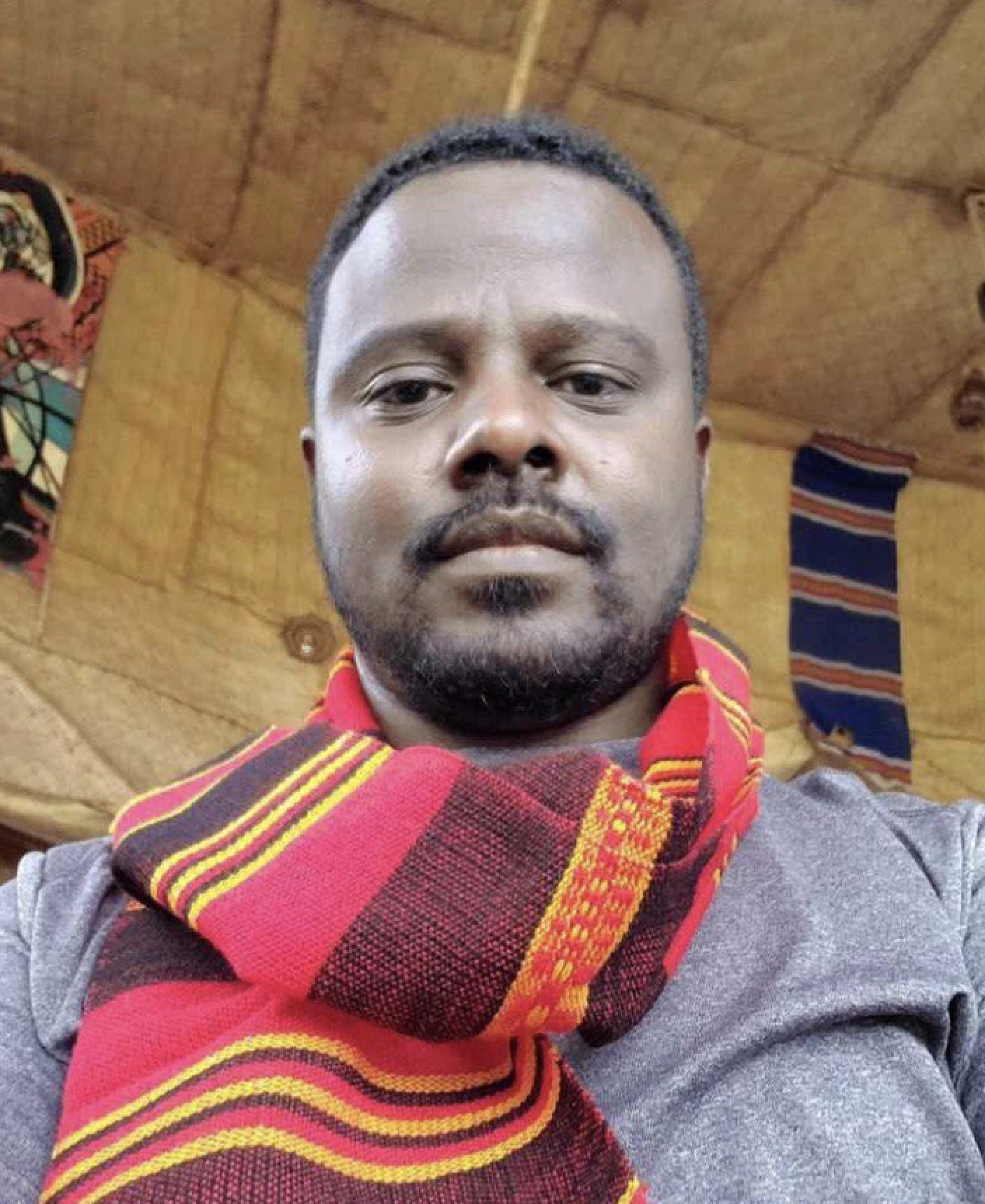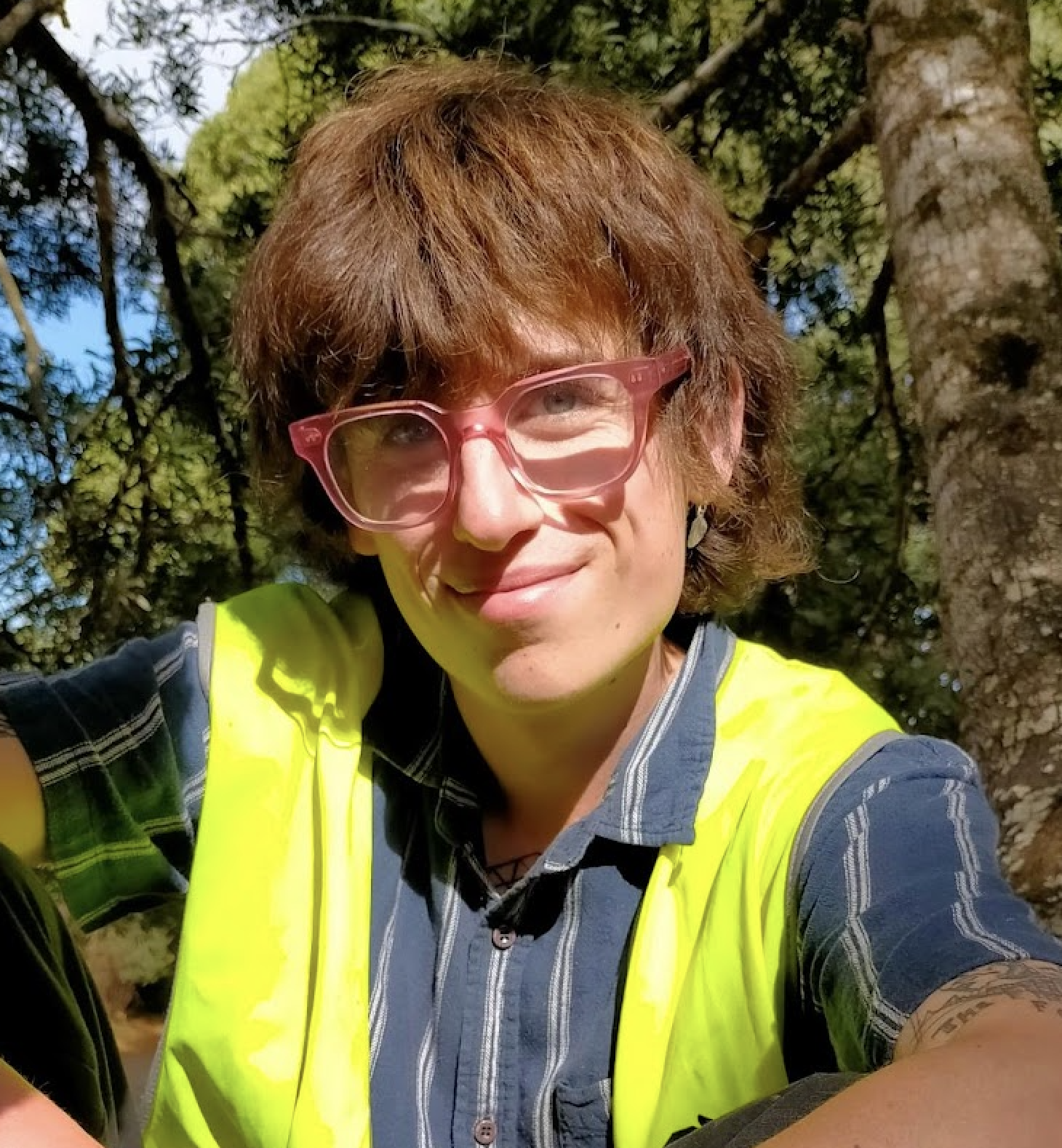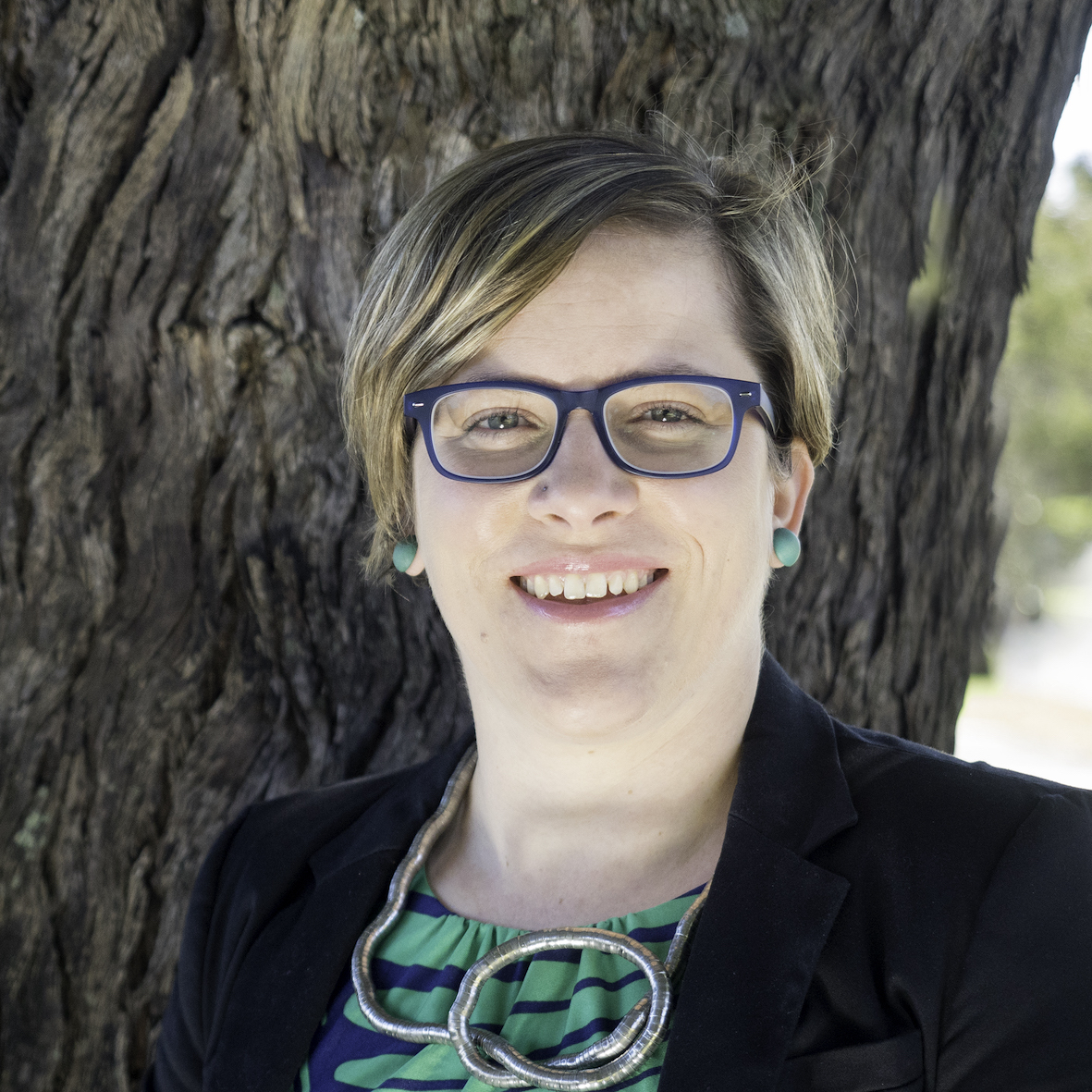
Associate Professor Kathleen Beyer
Kathleen Beyer is Director of the Climate Futures Research Group, and Associate Lecturer in Climate Impacts and Adaptation in the School of Geography and Spatial Sciences. She is passionate about delivering innovative, complex and integrated climate impacts and adaptation research. Kathleen’s research aims to improve our understanding of the past, present and future climate and the impacts of climate change on communities and the environment. Her broad research interests are in climate change impacts on human health, social systems, infrastructure, urban environments, energy efficiency, biosecurity, invasive species ecology, ecosystem resilience and biodiversity. Her recent work has centred around the design and development of regionally downscaled climate projections to deliver fit-for-purpose climate data, tools and products for climate-resilient planning. She led the delivered enhanced regionally downscaled climate projections (NARCliM), which are widely used by NSW government agencies and stakeholders to support climate-resilient planning and manage climate risk.

